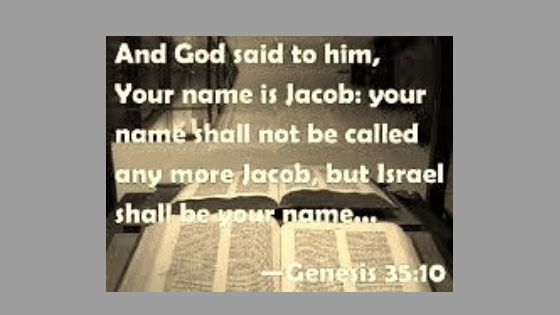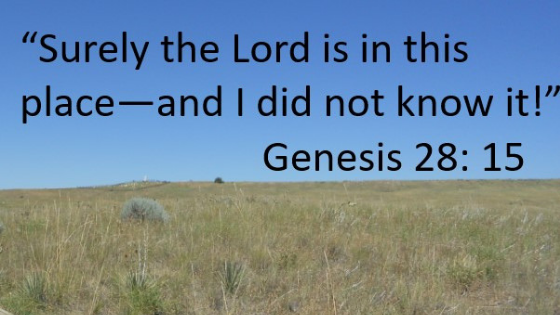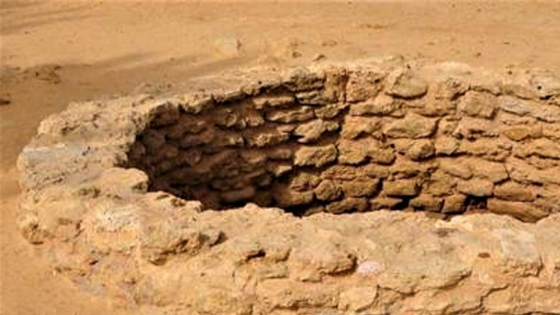
Shabbat Table Talk
Parashat Vayera – Erev Shabbat 3rd November 2017
Week of 29 October- 4 November 2017
Torah portion: Genesis 18:1-22:24 Haftarah: 2 Kings 4:1-37
Central to all these eight stories related in this parashah is Vayera ‘he (the Lord) appeared’. Fox names the various vignettes as follows: 1) Visit and Promise (18:1-15); 2) The Great Intercession (18:16-33); 3) The end of Sedom and Amora (c. 19); 4) The Wife – II (c.20); 5) Yitzhak is born (21:1-8); 6) Yishmael banished (21:9-21); 7) Treaty (21:22-34); and 8) The Great Test (c. 22).
The first story describes the Lord appearing to Abraham at the hottest time of the day. The Lord is firstly, ‘three men’ to whom Abraham offers immediate hospitality. The ‘three men’ bring a message that Sarah will have a child. The ‘three men’ then become ‘I’ and the Lord who works wonders – Sarah in her old age will have a son.
‘The Great Intercession’ describes ‘the men’ gazing down on Sodom and Gomorrah. Then ‘the Lord’ tries to decide whether to share the fate of Sodom and Gomorrah with Abraham, whom the Lord has chosen. The Lord then shares with Abraham concerning the evil in Sodom and Gomorrah. The men turn away and go to Sodom while Abraham is left standing before the Lord. Then follows the wonderful interchange of dialogue between Abraham and the Lord where Abraham pleads for the cities. Sadly, there are not ten just men and the Lord departs and Abraham returns to his place.
This section has echoes of God hearing the outcries of the Israelites in Egypt and the trusting open relationship between the Lord and Moses throughout Exodus to Deuteronomy. I have sometimes thought that the Lord and Moses are like a married couple discussing how they will deal with their children (Nm 14: 10b-20). ‘The End of Sedom and Amora’ presents us with ‘two divine emissaries’. Lot offers them hospitality. They save Lot from the men of the city and blind them with lighting. The men reveal to Lot that the Lord is about to destroy the cities and that he and his family must escape. The men had to take Lot and his family by the hands to get them out of the city: their home with all their acquired possessions which Lot’s wife had to look back at with longing. When Lot and his two daughters were safely in Zoar, Sodom and Gomorrah were totally destroyed for their sinfulness. The Lord had saved Abraham and his family and Lot and his daughters from disaster.
Chapter 20 shows how God’s intervention in a dream prevents Abimelech from taking Sarah to be his wife. Abraham gains land and possessions from Abimelech – God’s plans will not be thwarted. ‘Isaac is born’ narrates the long-awaited son of promise. Sarah says: God has brought me to laughter; all who hear will laugh at me (21:6). Now Abraham has two sons whom he loves but he has to send Hagar and Ishmael away. Early the next morning (21:14) Abraham sends Hagar and their son away. In the wilderness Hagar meets God who consoles her and her son and promises that her son will be a great nation. The ‘Treaty’ is only of interest in this context because of what Abimelech and Pichol say to Abraham: God is with you in all you do (21:22b).
Finally we come to the ‘Great Test’ which alone has been the subject of many commentaries and sermons. Here we see how in yet another experience of impending loss, God is present and guiding along the way: On the mount of the Lord, God will be seen (22:14). It is only when we climb the mountain of the Lord in faith and trust, in whatever circumstance and no matter how painful, that we shall ‘see’ the Lord and know the Lord’s will. The Lord’s messenger reveals to Abraham the Lord’s continued guidance of and graciousness towards Abraham’s descendants. The last five verses of this Parashah give the descendants of Abraham’s brother, Nahor and his wife, Milcah from whom Rebecca was born. So God has provided for the next generation in a wife for Isaac. Immanuel, God is with us (Is 7:14; Mt 1:23).
Reflection: Take note of the Lord God’s constant and varied appearances in your life. Praise, thank our God!
Bibliography: Eskenazi, T. C. Weiss, A.L. A Women’s Commentary (New York: 2008); Fox, Everett. The Five Books of Moses (New York: 1997); African Bible (Nairobi: 2004).
This week’s teaching commentary is by
Bernadette Chellew, Durban, South Africa
Bat Kol alum 2008
Email: btrnchellew@gmail.com
[Copyright © 2017]
………………………………………………………..
PLEASE NOTE: The weekly Parashah commentaries represent the research and creative thought of their authors, and are meant to stimulate deeper thinking about the meaning of the Scriptures. While they draw upon the study methods and sources employed by the Bat Kol Institute, the views and conclusions expressed in these commentaries are solely those of their authors, and do not necessarily represent the views of Bat Kol. The commentaries, along with all materials published on the Bat Kol website, are copyrighted by the writers, and are made available for personal and group study, and local church purposes. Permission needed for other purposes. Questions, comments and feedback are always welcome.
……………………………………………………………
Bat Kol Institute for Jewish Studies, Jerusalem
1983-2017
“Christians Studying the Bible within its Jewish milieu, using Jewish Sources.”
Website: www.batkol.info; Parashah Admin.: gill@batkol.info



